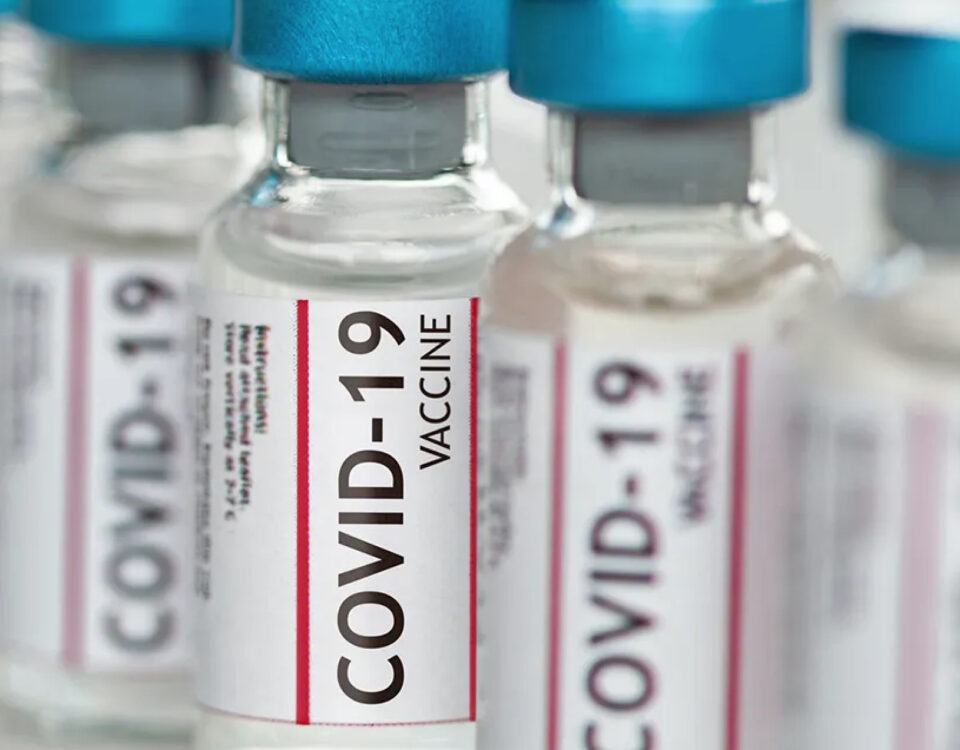Experts Urge School Screening of Athletes’ Hearts with EKGs
New mammogram guidelines are spurring huge controversy
November 18, 2009Marriage is Positive for Kids
November 18, 2009So, I’ve always tried to keep up with the data in this arena and nothing in recent history has surprised me as much as a study showing that an inexpensive EKG has the potential to reduce the risk of sudden death among high school athletes.
According to a news report, U.S. researchers are saying “this new, inexpensive screening method could help reduce the risk for sudden cardiac death among high school athletes.”
No, EKGs are not “new,” but using them for preparticipation sports exams would be new.
Athletic trainers at 10 high schools in Houston used a laptop system to perform electrocardiograms (EKGs) on 2,057 student athletes. The results, which were transmitted to a cardiologist, revealed 186 athletes with abnormal EKGs. All but 13 of them received subsequent echocardiograms.
Among the findings:
- Three students had serious cardiac conditions, including right ventricular cardiomyopathy, which is abnormal enlargement, thickening or stiffening of heart muscle; coarctation, a narrowing, of the aorta; and non-compaction cardiomyopathy, a rare genetic condition caused by failure of myocardial development during embryo development.
- Eight students had Wolff-Parkinson-White syndrome, an electrical defect that can cause arrhythmia. They were referred to pediatricians.
- Mitral valve prolapse was detected in 17 students, and six were diagnosed with pulmonary hypertension.
- Two students were found to have bicuspid aortic valves, and six had mild to moderate vascular regurgitation.
- Three students with hypertension had concentric left ventricular hypertension and were referred for treatment.
- Eleven students were told they could not participate in competitive athletics.
Performing EKGs in schools would cost less than $5 per student, and the EKG laptop equipment could be provided to school districts for about $500, according to Dr. Thomas DeBauche, of Cypress Cardiology in Houston. Addition of 12-lead ECG to screening would cost just $300 per year of life saved, DeBauche reported. He said, “When you find something this good you should do it.”
Though school-based EKG screening would not eliminate sudden cardiac death among high school athletes, it could significantly reduce the risk, the researchers said.
The study was at the American Heart Association’s annual meeting, in Orlando, Fla.
Now, here’s why I’m saying this “may change” my practice, and not this “will change” my practice. Many papers presented at meetings never make it into peer-reviewed medical journals because of myriad problems with the studies that are surfaced during the peer-review process.
So, I’ll be waiting to see it actually published.
But, in the meantime, I plan to offer it as an option to my parents and their student athletes.







0 Comments
Good one, Walt. Thanks!